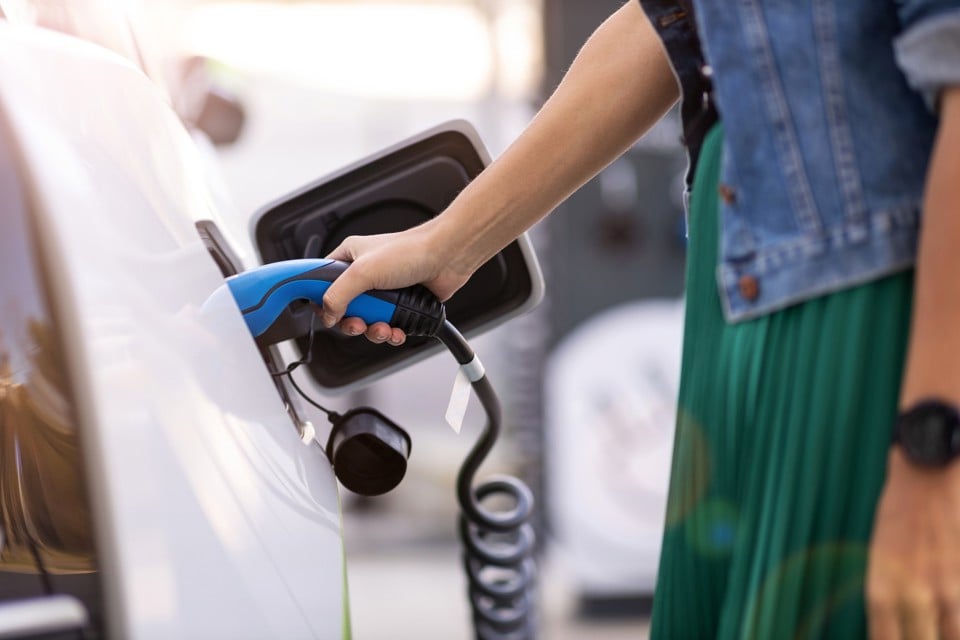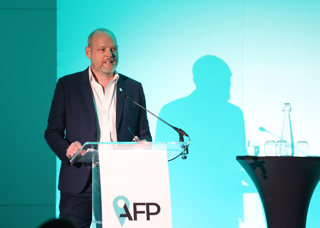Concerns over the long-term health of electric vehicle (EV) batteries, affordability and the capacity of charging infrastructure, are the biggest barriers to adoption in the used market.
That’s according to a new report - Used EV Market: The Key to Unlocking Net Zero – which has been published by the Green Finance Institute (GFI) today (Wednesday, June 7).
With the used car market representing 82% of all cars sold in the UK in 2021, encouraging and enabling second-hand car buyers to opt for an EV is vital to fast-tracking road transport decarbonisation, hitting climate targets, and ensuring a just transition which enables the mass adoption of EVs, says the report.
In a survey of more than 2,000 UK drivers and contributions from 35 car dealerships, motor finance lenders, and lease companies including Black Horse, Octopus EV, Vertu, EVA England, and Evolution Funding, it found that, despite more than half (61%) of drivers indicating they would purchase an EV, more than a quarter would not buy a used EV unless concerns around batteries, cost, and charging infrastructure were addressed.
Assurances on the health of second-hand EV batteries – the number one barrier to purchasing a used EV – were identified as the single most effective solution to encourage drivers to make the switch to electric vehicles, significantly accelerating the transition to net zero in road transport.
Lauren Pamma, programme director at the Green Finance Institute, said: “Without the used market, the EV transition is destined to stall.
“If we’re serious about driving EV adoption en masse, we need to channel this appetite for second-hand cars towards EVs.
“Our research makes clear that the demand for EVs is already there, but to unlock the used market, we need to boost consumer confidence on battery health, charging infrastructure, and affordability.
“In collaboration with the public and private sectors, the Green Finance Institute is already working to implement solutions that tackle these barriers.”
Identifying the barriers to used-EV adoption
Of drivers who said they wouldn’t buy a used EV, 62% cited concerns around battery lifespan – making the fear of poor battery health the single largest barrier preventing the second-hand market from taking off, a concern echoed by industry experts.
Nearly three-quarters of the 21 dealerships involved in the report recognised battery lifespan as one of the top consumer concerns in the context of used EVs.
The research also identified a clear disconnect between drivers’ perceptions of EV running costs and the reality.
Of those who currently wouldn’t buy a used EV, 27% cited cost and the cost of maintenance as a major factor.
However, the report says that research has shown that the overall running costs of an EV over its lifetime of ownership are typically less than that of ICE counterparts.
Recent falls in used EV values also mean there are some used EVs which are cheaper to buy than their ICE equivalent and more than half the price of a new EV.
Despite the growing number of public charge points – which have increased by 523% in the past six years alone – drivers surveyed also said a better understanding of the cost and locations of public charging would encourage them to make the switch to an EV.
EV battery health certificates

The Green Finance Institute’s report puts forward a series of solutions designed to overcome the barriers to the used EV market.
The GFI says it is working closely with financial, policy, and automotive partners to develop and pilot these solutions to demonstrate their potential for boosting used EV uptake.
They include battery health certificates – a standardised battery health certification scheme for used vehicles – and battery value guarantees – a mechanism for EV batteries to have a guaranteed end-of-life value.
They were most commonly identified by drivers as solutions that would encourage them to make the switch to electric, at 31% and 30% respectively.
Furthermore, the report recommends battery passports, which give second-hand buyers accurate knowledge of their prospective battery’s life to date, would also help allay concerns over batteries.
For all of the barriers identified throughout the report, the research showed that dealerships have the greatest potential to address gaps in consumer education.
Outside of personal research and family and friends, dealerships are the most trusted source of information on EVs (27%).
However, dealerships are also in need of more information on EVs. Just two out of the 21 dealerships involved in the research felt they had enough data on battery degradation, with the remaining in need of more information.
Fleet News reported how the UK Government is working with international partners to develop new laws for monitoring the health of EV batteries.
The plans to make the fitting of battery state of health (SOH) monitors compulsory on all new EVs were discussed at a recent meeting of the Vehicle Remarketing Association (VRA).
Abdul Chowdhury, head of vehicle policy at the Office for Zero Emission Vehicles (OZEV), explained that because the battery forms a large part of a used EV’s value and performance, providing information on its health would support consumers in making informed comparisons between vehicles and help alleviate concerns over battery degradation.






















Login to comment
Comments
No comments have been made yet.